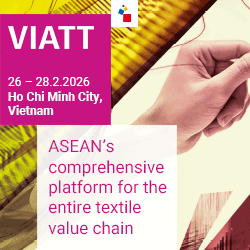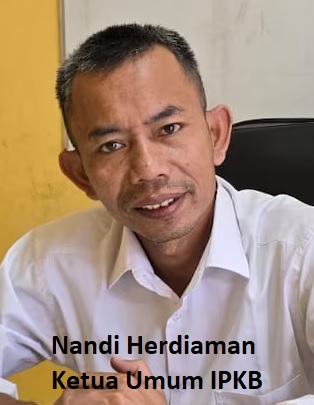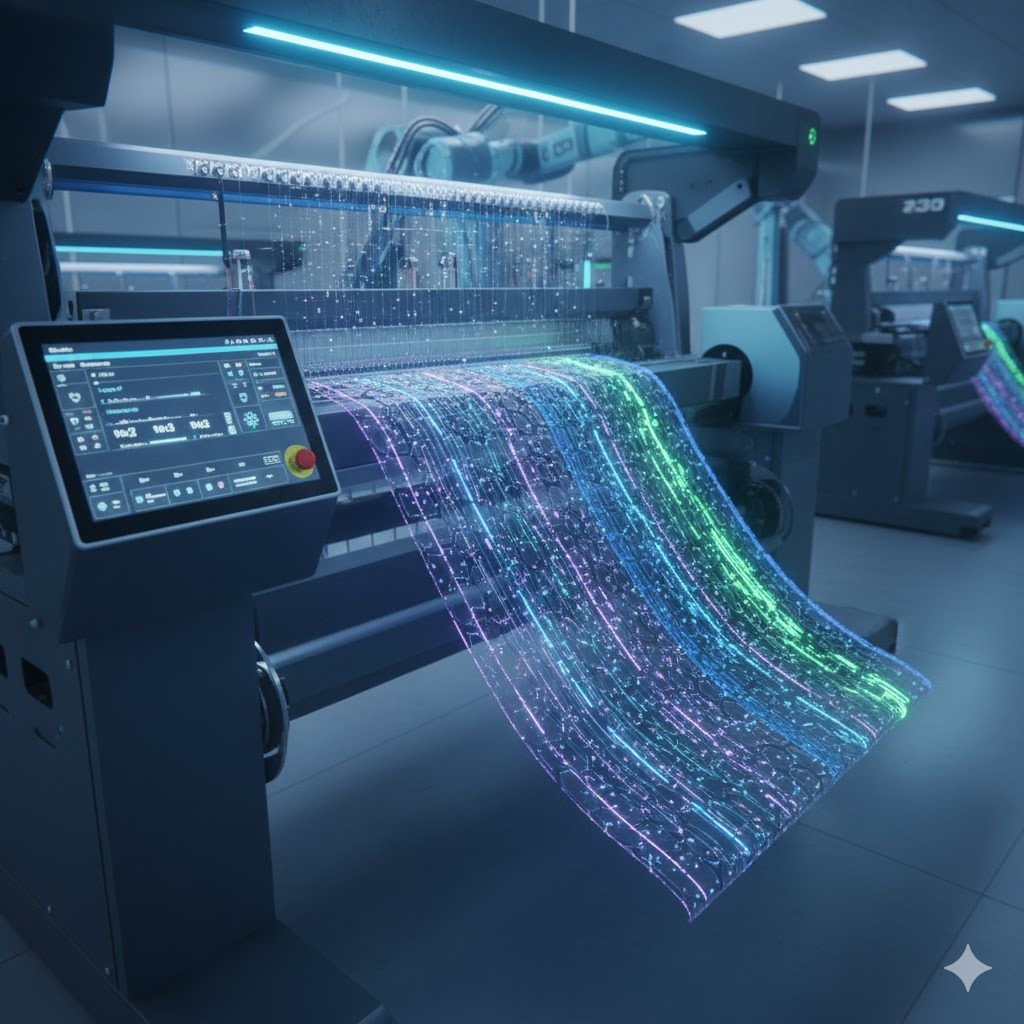Illegal imports still overshadow the country's textile and textile products industry. Chairman of the Association of Indonesian Textile Experts (Ikatsi) Suharno Rusdi said illegal importation of textiles has been rampant in the last two years. In August last year, the Attorney General's Office of the Republic of Indonesia revealed the findings of 566 containers containing textile materials with volume reduction (under volume) mode and types of goods to reduce the import duty obligation for temporary security measures (BMTPS) or safeguards.
In the second case, there was the smuggling of 27 containers of textile materials from the Port of Tanjung Perak in Surabaya which were handled by the East Java High Court (Kejati). According to Suharno, the two findings were that the state had lost Rp. 1.6-1.7 trillion. Even so, Suharno believes that the actual loss figure could be much higher if the authorities investigate the misuse of the Bonded Logistics Center (PLB) function that occurred in 2019. "The state losses I think will be much greater than that figure. We know, before the two cases were uncovered, illegal importation of textiles had occurred in several PLBs, ”said Suharno during the IKATSI - Textile Post webinar.
Suharno suspected that import documents had been manipulated in a number of PLBs. The finding of the two cases of illegal textile importation through the ports of Batam and Surabaya is a mode of escape for smugglers from PLB who feel disturbed, then divert their activities to Batam and Surabaya. According to him, the main cause of the rampant illegal imports is the high price disparity between domestic and imported products.
Secretary General of the Indonesian Fiber and Filament Producers Association (APSyFI) Redma Gita Wirawasta said that price disparities are not the only reason why imports of textiles and textile products are still rife. According to him, the production cost of Indonesian products is no less competitive than other countries, the difference is only about 10 percent. According to him, the disparity of textiles in the local market occurs due to fraudulent or unfair practices.
"If Chinese goods enter Indonesia, there will be a 10 percent rebate. Because they get rebates, they lower their prices, that's the same as dumping practice. From there, there are already disparities in price, ”said Redma. For the practice of cheating through facilities from his country, Redma added that the price disparity reached 20-25 percent.
It doesn't stop there, once the product enters Indonesia, importers practice under invoice and under volume so that tax and import duty pay is low. With such a mode, the obligation to pay taxes is automatically lower, thus triggering price disaprements. "To say that our products are not competitive is not right because domestic producers can still export," said Redma.
General Chairperson of the Indonesian Textile Association (API) Jemmy Kartiwa Sastraatmaja said Indonesia's large population was targeted by the world's textile export market share, for example from China, Bangladesh and Vietnam. At the same time, the Indonesian market is still oriented towards cheap products or considering cheap goods.
"So you can imagine China, Vietnam, and Bangladesh which are the world's textile producers, if the remaining 3 percent of the total production is sent to Indonesia, what will our industry be like," said Jemmy.
Jemmy hopes that there will be regulations that can reduce the potential for importing textiles and textile products. According to him, if the domestic industry, which is labor-intensive, collapses, the increase in the number of unemployed cannot be stopped. Not only that, the textile industry is also closely related to IKM players. "If the textile industry floods imports, not only the industry but also IKM will also be affected," he said.
Coordinator of the Deputy Attorney General for Special Crimes at the Attorney General's Office, Rudi Margono, said there were still loopholes for illegal importation. According to him, the most common mode is imports which exceed the quota set.
He said Batam and Surabaya were still the main gates for the arrival of illegal textiles. “Documents manipulated. Fill in the number of different containers with documents. There is collusion with the recipient, ”he said.








